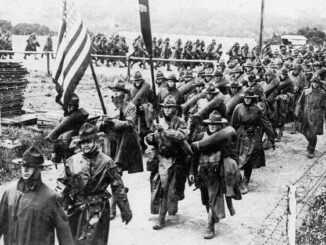
The Great War (1914-1918)
Part 5 takes place at the time of the Great War. In 1917, the United States entered the war, and a hard time for German Americans began. Chiara’s husband John also went overseas with the troops.

Part 5 takes place at the time of the Great War. In 1917, the United States entered the war, and a hard time for German Americans began. Chiara’s husband John also went overseas with the troops.
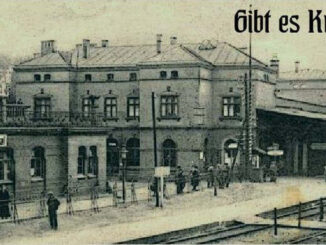
[Rhineland and Belgium, July 1914] Some newspapers spoke of war, yet a local one against Serbia that, as most people thought, was no match for the Habsburg Empire, and Serbia was far away anyway.
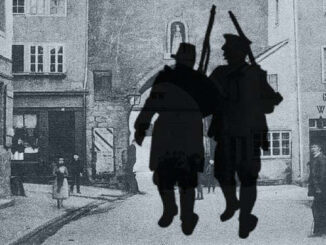
[Germany, July/August 1914] During the last few weeks, hectic diplomatic activity had been going on behind the scenes. Military leaders were secretly planning for a war. Yet, diplomacy failed.
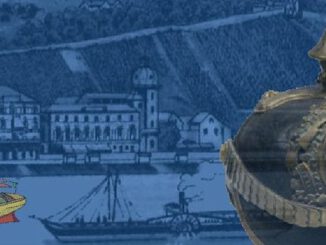
[Germany, August 1914] Mobilization was underway. Enthusiasm for the war swept away all other emotions, suspicion was growing, thus even friends and acquaintances became enemies.
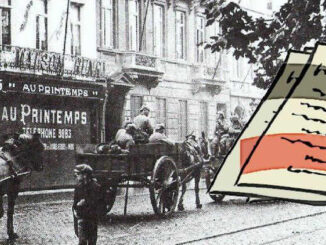
[Rhineland and Belgium, 1914] On August 2, Germany troops crossed the border into Luxemburg, on August 4, the border into Belgium. Soon a large part of Belgium and the northeastern part of France were occupied.
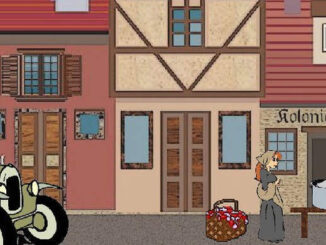
[Rhineland, 1914/15] Nobody was prepared for a long war. The soldiers had been so sure of victory, “At Christmas we will be back”. But since the turnaround on Marne in early September, this was unlikely.
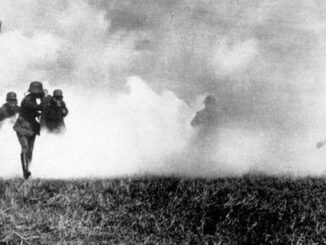
[1915] At the Eastern front, the Austrian-Hungarian army was in a catastrophic situation. A gigantic Russian army was besieging the mighty fortress Przemysl in Galicia. By May 1915 Italy declared war on Austria-Hungary.

Already in August 1914, Great Britain had established a naval blockade, cutting off Germany from imports of all kinds. In early November 1914, Britain declared the Northern Sea to be a war zone.
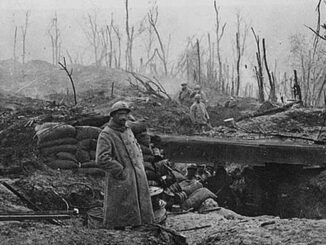
[Rhineland and France, 1916] Bad news came from everywhere. Although the war propaganda relentlessly promised a German victory, it became obvious that the war would not be over soon,
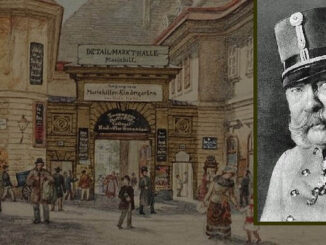
[Austria-Hungary, 1916] While the battles of Verdun and the Somme were raging in the West, the Russians attacked again in June 1916 and pushed forward to the Carpathians. Austria-Hungary seemed lost.
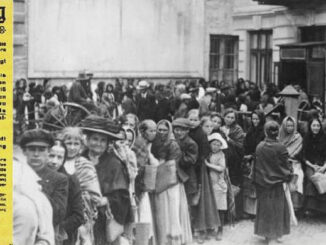
[Germany, winter 1916/17] The British naval blockade caused great suffering in Germany. This winter, the need was dramatic. A rainy autumn had caused a potato slight and only half of the harvest could be saved,
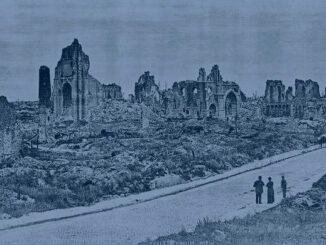
[USA, 1917/18] Horrified, Lorenz Bergmann’s granddaughter Chiara looked at the Liberty Bonds she was about to buy. It showed a creature with a Pickelhaube, thus obviously a German.
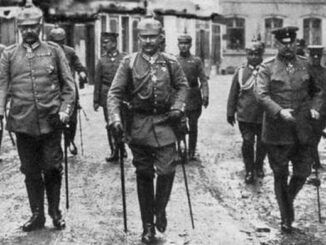
[Germany, summer 1917] The war was already entering its third year, and there was no prospect of peace. Several times Pope Benedict XV had urged the belligerent nations to negotiate peace, but in vain.
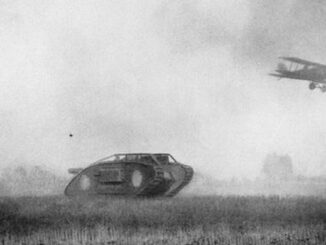
The Great War had been raging for three years now. Trenches, machine guns, air reconnaissance, barbed wire and modern artillery had helped bring the battle lines of World War I to a stalemate.
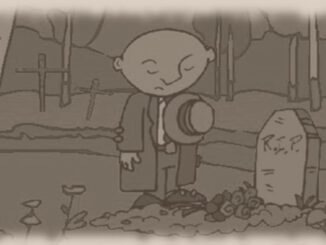
[Germany, Autumn 1918] While the war was raging, one catastrophe affected enemies and allies alike – the Spanish flu pandemic. People in all countries and continents feared this devastating pandemic.
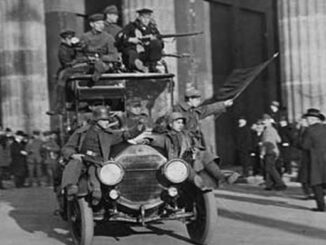
[Germany, 1918/19] The war was lost. Yet, at the end of October 1918, the military commanders ordered, by their own authority, the navy to set sail for a last battle against the British Royal Navy.
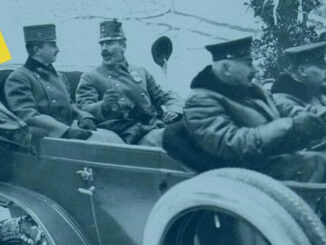
[Austria-Hungary, November 1918] Already in the last days of the war, the Czechs, Galicians, Poles, Slovenes and Croats had broken away from Austria-Hungary. In Transylvania, Romania had taken power.
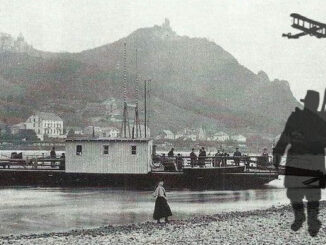
[Rhineland, 1918] For most Germans, the defeat had come as a surprise. Until the end, the war propaganda had promised victory, Now Allied soldiers would march into the Rhineland. Martial law still prevailed.
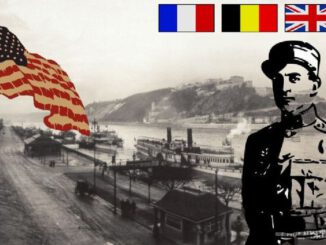
After the defeat of Germany, the Allied occupation of the Rhineland began. Based on their “bridgeheads” in Cologne, Koblenz and Mainz, the Allies formed three occupation zones. The Americans took over the Koblenz area.
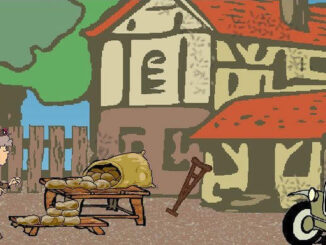
[Rhineland, 1918] Millions of soldiers had fallen, hundreds of thousands of people had starved to death, and the young republic was struggling against crushing burdens. There was much hunger, housing shortages and pauperization.
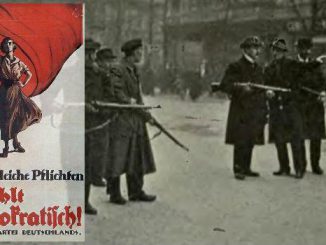
[Germany, 1918/19] Kathi and Max were fond of each other, and at Christmas, the Bergmanns invited him to their home. Much was happening in these days, and they anxiously followed the events in the capital Berlin.
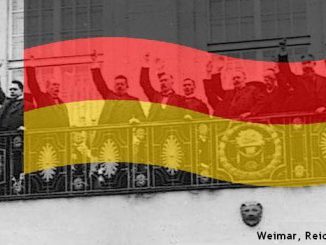
[Germany, 1919] On February 6, 1919, the National Assembly met at the National Theater in Weimar, because fighting continued in Berlin. this venue has given the first German Republic its name.
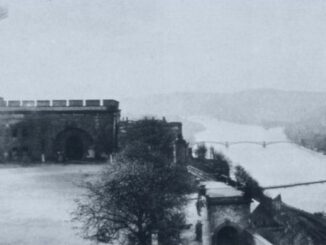
[Rhineland, autumn 1919] Chiara in America was relieved that the war was finally over. But still her husband John and his comrades were in Europe. Then she got a letter from him, posted in Coblenz.
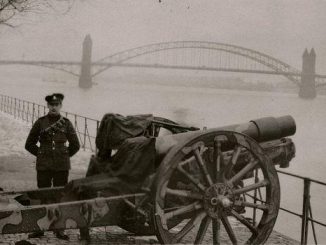
[Rhineland, autumn 1919] By the end of September, fraternization was finally allowed, and both Germans and American soldiers seemed pleased. Chiara made plans to meet her German relatives.
Copyright © 2024 | MH Magazine WordPress Theme by MH Themes